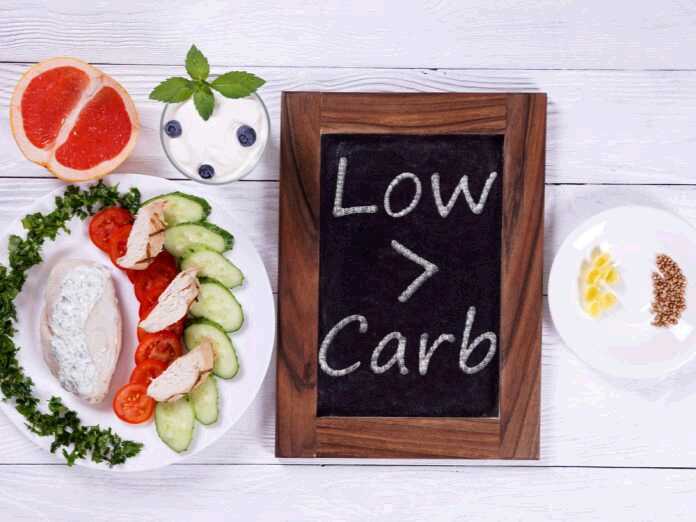
Your low-carb diet isn’t working for you? There may be ways to deal with the problems you’re having, and we’ll show you some of them.
Water Weight
It’s the first warning for any new low-carber. You may dump several pounds in the first week, but it’s mainly water weight. Encouraging, but not losing fat. Fat loss is generally irregular and slower. You can get there, but it may take time.
Stress
For many people, stress has a real effect on weight loss. It’s a double whammy. It increases your stress hormone levels, which can cause both hunger and cravings. And it can affect your mood, making you more vulnerable to stress eating. The stress-busters include exercise, meditation, nature, creative outlets—any or all of these, especially practiced over time, may amaze you.
You May Have a Medical Condition
Hormone issues like hypothyroidism can get in the way of losing weight. And some medications have weight gain as a side effect. It might be worth a visit to the doctor to check things out.
You’re Not as Low-Carb as You Think You Are
When your low-carb diet isn’t working, maybe one of these is your problem:
- “Healthy” sugars – sadly, healthy isn’t carb-free or even low-carb.
- Sugar alcohols – some people absorb these more efficiently, so they’re absorbing more carbs.
- Regular alcohol – also not low-carb.
- Eating a lot of a low-carb food – even most low-carb foods have carbs, and they add up.
The Last Resort: You’re Not Low-Carb Enough
It’s painful to report that there isn’t one magic number for everyone. Some people sail through at 75 or even 100 grams of carbs daily, and others need to drop to 20 grams a day, at least for a while. Adjusting carbs levels can help you find your balance.
Conclusion
Everybody is different. When your low-carb diet isn’t working, you may have a longer journey than you hoped. But what you’ll learn about yourself and the way your body works just might be worth it.


































